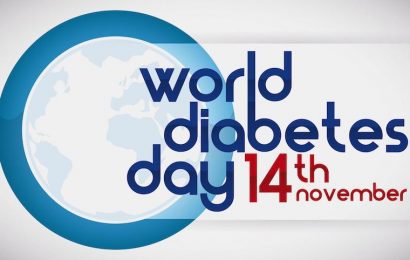For more than three years, the Type 2 diabetes drug rosiglitazone (brand name Avandia) has been the subject of continually bad news, beginning with the 2007 study that found the drug associated with a 43% higher risk of heart attack. Lately, however, it seemed like the luck of Avandia’s manufacturer, GlaxoSmithKline (GSK), might change, or at least not get any worse. As we reported in May, GSK initiated a massive study comparing Avandia with its main competitor, pioglitazone (Actos), aiming to enroll 16,000 people over five years. The company hoped that this trial, which was mandated by the US Food and Drug Administration (FDA), would conclusively support its position that Avandia is safe. Then in July, an official FDA panel voted to keep Avandia on the market. It seemed like until 2015, Avandia might get a break in the headlines.
But hardly a week later, the FDA ordered a halt to new enrollment in the ongoing trial of Avandia and Actos, telling GSK to inform researchers, review boards, and ethics committees involved in the trial to review the safety findings and votes of the previous week’s meetings. This information could be used to update informed-consent forms for both current and, if the FDA allows enrollment to resume, future trial participants.
Now, there is more bad news for the drug, this time from across the pond. Last week, Britain’s Medicines and Healthcare Products Regulatory Agency announced that an official panel of independent experts had voted to recommend Avandia’s removal from the UK market. According to an Associated Press article, the panel uncovered no new evidence but simply decided that the risks of Avandia outweighed its benefits. It also revealed that it had sent doctors a letter in July “advising them to consider alternative treatments.” Furthermore, BMJ — Britain’s most prominent medical journal — called for Avandia to be withdrawn immediately and said it never should have been approved, asserting that GSK had behaved badly throughout the regulatory process in the face of problematic data. GSK countered that it had always behaved appropriately and had conducted extensive research on the drug. This news comes just as the European Medicines Agency — which makes recommendations that all European Union member nations generally follow — has begun meetings to reconsider the status of Avandia. It is possible, therefore, that the drug will soon face new restrictions or withdrawal in all of Europe.
How should the FDA respond to these developments, if at all? Should the United States give consideration to drug regulatory decisions in other countries — in this case, the home country of the drug’s manufacturer? Would you feel comfortable taking a drug that had been banned in Europe? Leave a comment below!




